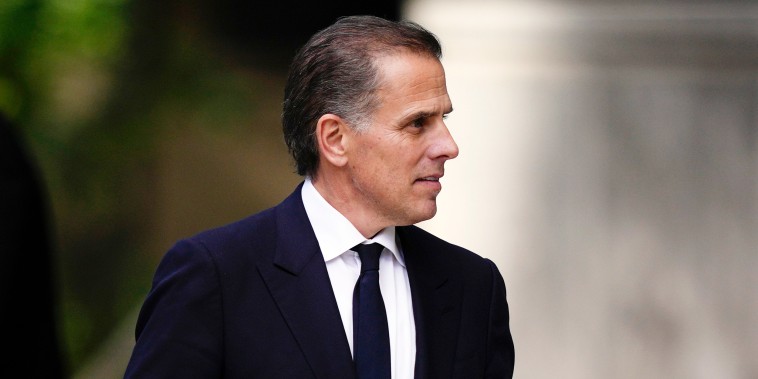In an unexpected turn of constitutional and media law, Hunter Biden, son of President Joe Biden, has filed a lawsuit against Fox News under New York’s ‘revenge porn’ law. The specifics of the lawsuit put a spotlight on some unusual dynamics at play, featuring media coverage, personal privacy, and a never-before-witnessed interpretation of a notoriously progressive law.
The lawsuit has its roots in the aftermath of the 2020 Presidential race which saw President Joe Biden fight a bitter battle against former President Donald Trump. Fox News had been vocal in its coverage of Hunter Biden’s alleged transgressions, one of them being related to incriminating photographs that allegedly depicted illegal activities. While such media coverage is not entirely unprecedented, especially during an election year, Biden’s lawsuit has the potential to change the narrative.
New York’s ‘revenge porn’ law, officially termed as unlawful dissemination or publication of an intimate image, graduates from entertaining tabloid gossip to becoming an instrumental piece of legal arsenal. Although it was initially enacted in 2019 to protect victims whose intimate photographs were shared without their consent, the legislation outlawing the non-consensual sharing of intimate images has made its way into a high-profile, political clash.
Hunter Biden’s lawsuit subtly reframes the law’s intent, symbolizing an escalation from domestic privacy infringements to an indictment of mass media’s handling of private images. The charges rest on the claim that Fox News failed to respect Hunter Biden’s privacy by publishing sensitive pictures without his consent, allegedly with an intent to harm his public image and reputation.
There are, however, a few legal roadblocks that Biden’s lawsuit might face. Importantly, the ‘revenge porn’ law was designed with a specific intent – to protect the privacy of New Yorkers from personal, intimate instances of exposure by individuals with malicious intent. The application of this law to media outlets covering news of public interest or concern, even if controversial or negative, might deviate from its original intent, thereby posing significant challenges for Biden.
Moreover, the law applies to intimate images, the definition of which may not include the photos used by Fox News. Another complex issue concerning the lawsuit includes the robust First Amendment protections that are typically afforded to news outlets, which could possibly shield Fox News against the lawsuit.
Having weighed the legal intricacies, the Biden vs. Fox News suing contest has broader implications. This case highlights the increasing scrutiny that media organizations face over their privacy practices, which call into question the balance between the right to privacy and the freedom of press. For the time being, it would seem that the courts will have to decide which of these competing rights prevails.
On a conclusive note, the suit lodged by Hunter Biden raises various significant and novel legal and societal issues. His legal maneuver atomizes into a gentler, more relatable narrative about privacy, the power of the mainstream media, and the legitimacy of their news coverage. As the case unfolds in the courts of law, so too will the broader conversation about the need to rewrite the rulebook on privacy and journalistic freedom in the digital age.




